Mark Hamill Schools ‘Embarrassment-In-Chief’ With History Lesson From 1787
Mark Hamill has a history lesson for President Donald Trump.
Hours after an interview aired in which Trump said he would “listen” if a foreign nation offered dirt on a political rival, the “Star Wars” icon offered up the words of a Founding Father in response:
John Adams wrote Thomas Jefferson on December 6, 1787, about American elections, “You are apprehensive of foreign interference, intrigue & influence. So am I." 👍
Our illegitimate "President" today: "Oh, give me a break- life doesn't work that way." 🤮#EmbarrassmentInChiefhttps://t.co/zyRyOMYgtI
— Mark Hamill (@HamillHimself) June 13, 2019
Trump on Wednesday said “there’s nothing wrong with listening” if a foreign power offers intel on a political rival.
“It’s not an interference,” Trump said. “They have the information! I think I’d take it.”
He also said he would only contact the FBI if he “thought there was something wrong.”
“I don’t think in my whole life I’ve ever called the FBI,” Trump said. “You don’t call the FBI.”
The quote cited by Hamill comes from a 1787 letter from John Adams to Thomas Jefferson. Adams would later become the second president, while Jefferson would serve as the third.
Also on HuffPost
Beer
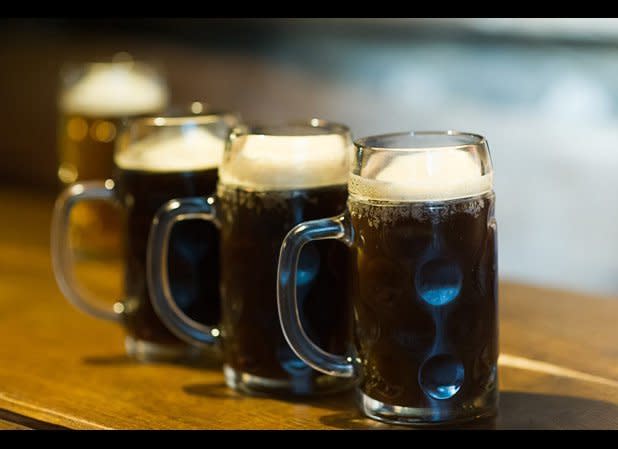
Whiskey
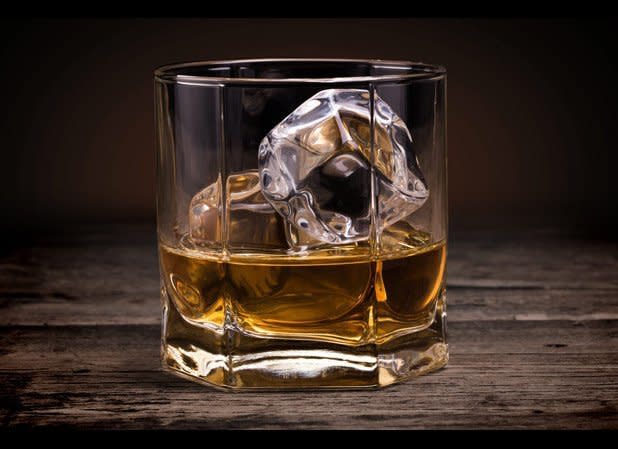
Taverns
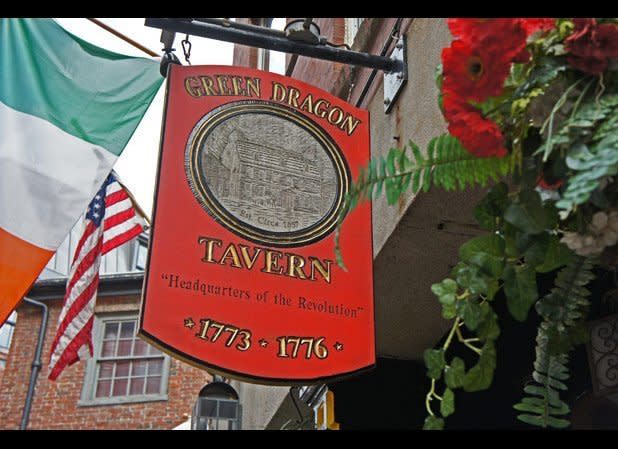
The Liberty Riot
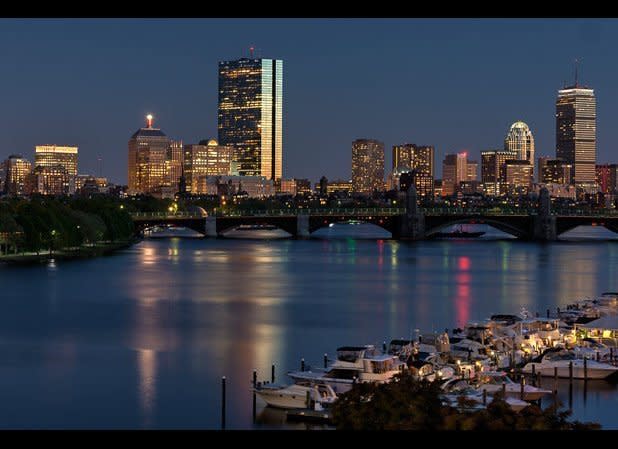
Boston Tea Party
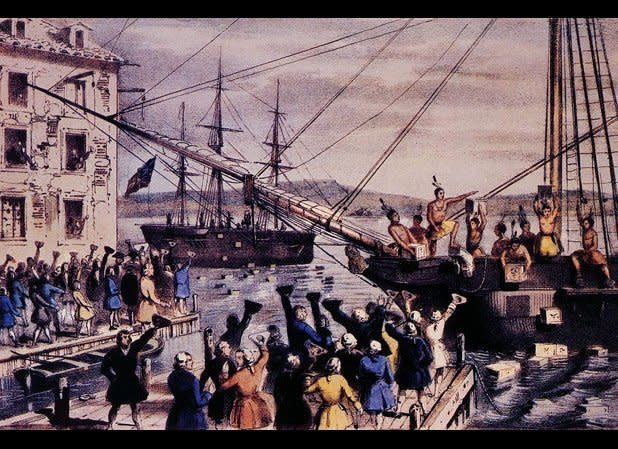
Love HuffPost? Become a founding member of HuffPost Plus today.
This article originally appeared on HuffPost.

